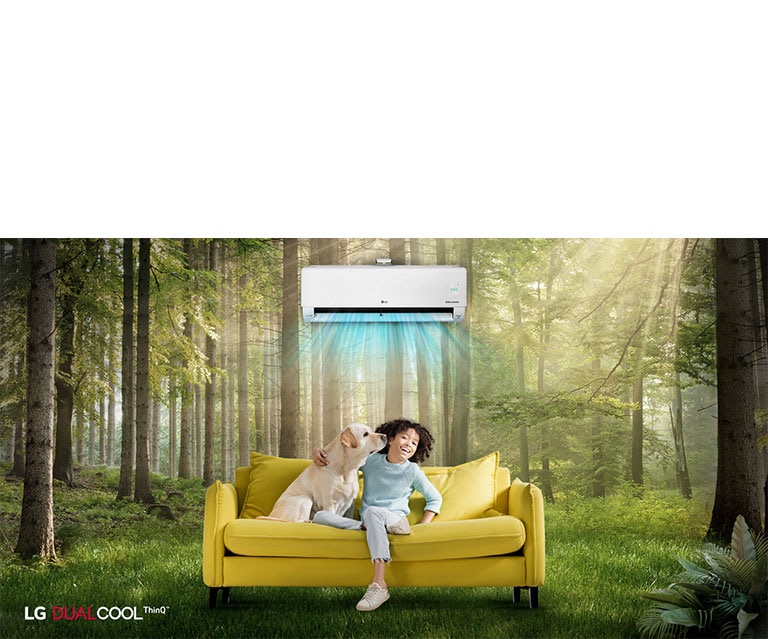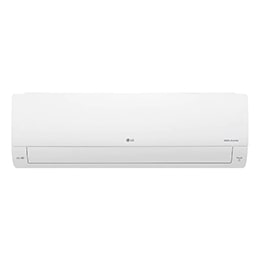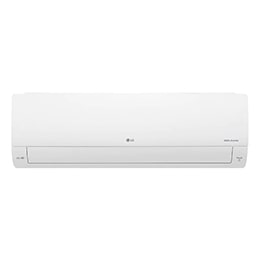We use cookies, including cookies from third parties, to enhance your user experience and the effectiveness of our marketing activities. These cookies are performance, analytics and advertising cookies, please see our Privacy and Cookie policy for further information. If you agree to all of our cookies select “Accept all” or select “Cookie Settings” to see which cookies we use and choose which ones you would like to accept.
Why should we use an inverter air conditioner?
An air conditioner is a device used to cool a room or building. As modern technology has developed, there have been significant advancements in the mechanics of air conditioning, and a more effective type of air conditioner called an inverter air conditioner has been engineered.Inverter air conditioners have many advantages over older-technology non-inverter air conditioners. In this article, we will explain the features and advantages of inverter air conditioners, as well as the differences between inverter and non-inverter air conditioners.
Differences between non-inverter and inverter air conditioners

What is inverter air conditioning, and how does it work?
Inverter air conditioning is a type of air conditioning system that uses an inverter-controlled compressor to adjust the compressor’s speed to meet the desired temperature. When the room temperature rises, the inverter compressor increases in speed to produce more cool air. When the temperature drops, the inverter compressor decreases in speed to produce less cool air. This adjustment allows the inverter air conditioner to maintain a more consistent temperature, resulting in less energy consumption.
Inverter technology uses a variable-frequency drive (VFD) that regulates the speed of the compressor motor. This way, it can adjust the amount of refrigerant flowing through the system to match the cooling needs of the space.
What is the main difference between non-inverter and inverter air conditioners?
The main difference between non-inverter and inverter air conditioners is how the compressor operates.
Non-inverter air conditioners use a fixed-speed compressor that runs at a constant speed, meaning it consistently operates at full power when the air conditioner is on, producing a large amount of cool air. When the temperature in the room drops, the fixed-speed compressor stops running and stops producing cold air, which can result in temperature fluctuations in the room and can make the room feel too hot or too cold at times. Because of this type of stop-start operation, non-inverter air conditioners are less energy efficient than inverter air conditioners.
Advantages of using an inverter air conditioner
Energy efficiency
For several reasons, inverter air conditioners are considered more energy efficient than non-inverter air conditioners. Inverter-controlled compressors are more efficient and consume less energy because the speed of the compressor can be adjusted. By adjusting the compressor’s speed, the cooling output is controlled, and it is possible to create a low-speed operating range for the compressor based on the difference between the set temperature and the current room temperature. This results in energy savings compared to a fixed-speed air conditioner. Some inverter air conditioners also have energy monitoring features that allow you to track your energy consumption and modify your settings accordingly.
Greater lifespan
Inverter air conditioners are known to have a longer lifespan than non-inverter air conditioners for several reasons. Because inverter air conditioners need to operate at high and low speeds, the materials used in their components are typically of a higher standard compared to non-inverter air conditioners. The lifespan of an inverter air conditioner can vary depending on brand, model, and usage, but on average, they have a lifespan of around 10 years.
Rapid cooling and maintaining an optimal temperature
Inverter air conditioners use an inverter-controlled compressor that can adjust its speed to match the cooling needs of the space. This means that the compressor can run at a higher speed when a room needs to cool down quickly and at a lower speed when the room is already cool. Smart functions included with inverter air conditioners can reduce unnecessary energy waste. Because inverter air conditioners generally maintain more consistent temperatures than non-inverter types, reducing sharp temperature fluctuations, they are able to use less energy to cool the room than non-inverter units.
Noise levels

Inverter air conditioners are known to have lower noise levels compared to non-inverter air conditioners. The compressor used in inverter air conditioners runs at a lower speed than non-inverter air conditioners, which results in less noise. Inverter air conditioners are typically made with higher-quality components than non-inverter air conditioners, which can also lead to quieter operation.
Life cycle cost
Although inverter air conditioners typically have a higher initial cost than non-inverter air conditioners, long-term savings can make up for the price difference. With Inverter-topped air conditioners, save up to 70%* more of your energy consumption than with non-inverter air conditioners. These savings include lower energy bills and less wear and tear on unit components, requiring less maintenance and fewer repairs over time.
*LG Inverter air conditioners (US-Q242K*) save up to 70% more energy than LG non-inverter air conditioners (TS-H2465DA0). Initial Temperature (Outdoor 35°C, Indoor 33°C) / Setting Temperature (26°C) / Testing time (8 hours)
LG inverter air conditioners

LG offers a range of technologically advanced air conditioners, including the LG DUAL Inverter Compressor air conditioner unit. Since a compressor is at the heart of an air conditioner, concerns about its operation, effectiveness, or noise can be stressful and expensive. LG’s DUAL Inverter Compressor relieves these worries and comes with a 10-year warranty for lasting, maximal performance. The DUAL Inverter Compressor provides efficient and consistent cooling or heating with reduced noise levels, energy consumption, and energy costs.
In addition, LG air conditioners can perform an annual operating cost simulation using an open-source app called Payback, which compares the annual operating costs of inverter air conditioners to those of non-inverter air conditioners. The app calculates the potential savings after a certain number of months from the purchase of an inverter air conditioner instead of a fixed-speed unit. LG's inverter air conditioners can help reduce your life cycle costs.
There are many options to consider when choosing an air conditioner for your home, and de-mystifying the technology behind air conditioners is not always easy. We hope this article has helped you better understand this integral area of home technology.
For more information, check out the LG Air Conditioner Buying Guide, or read our other articles to learn more about saving energy or choosing the ideal temperature for your home.


